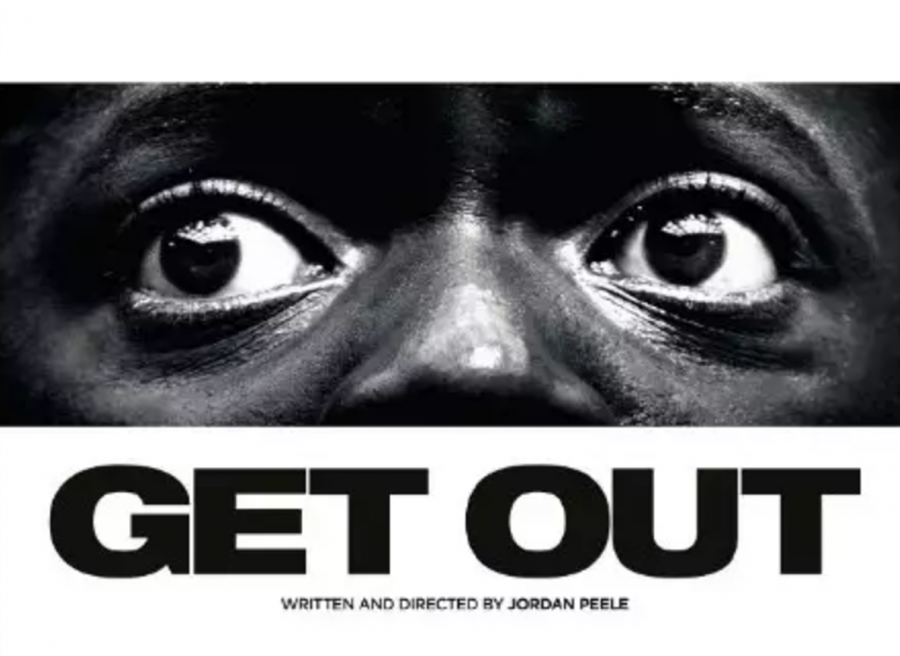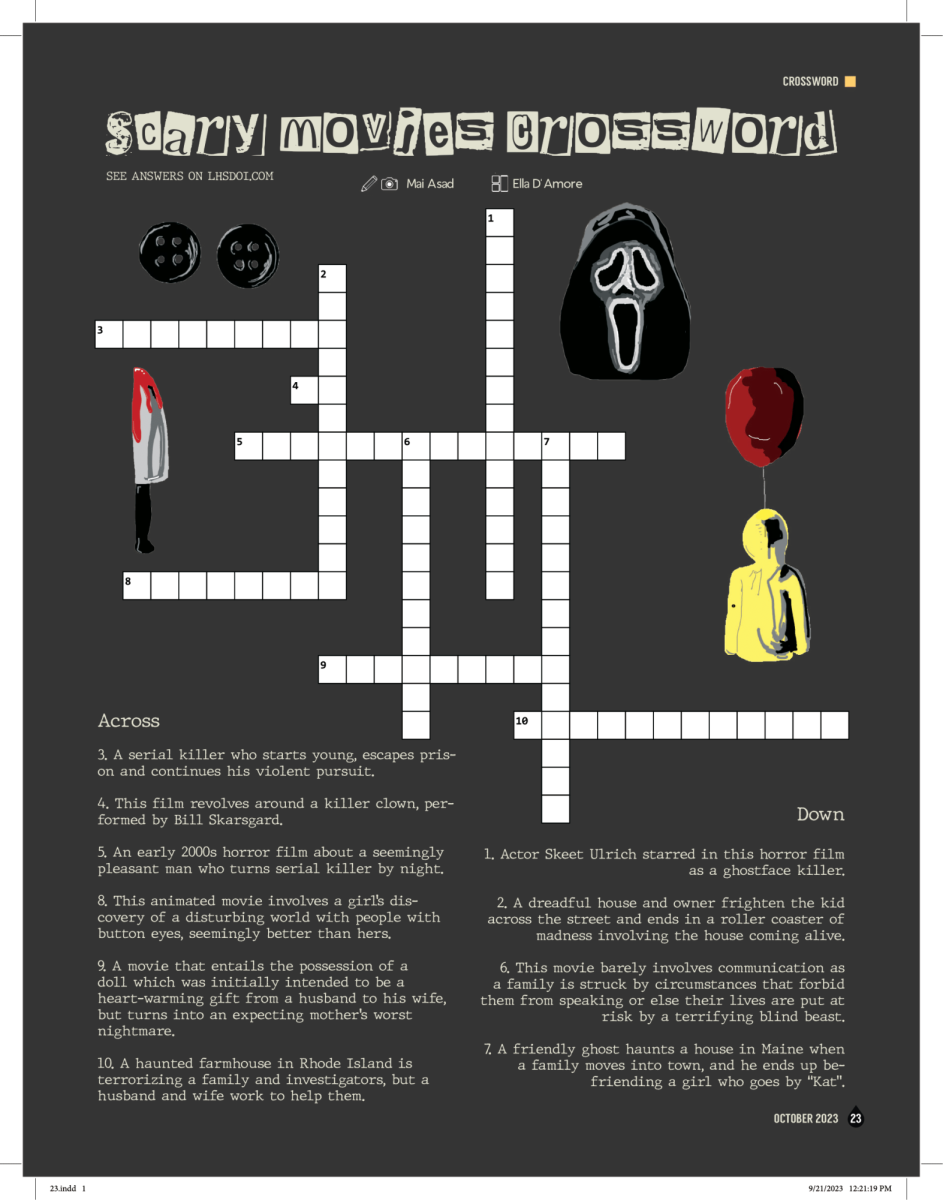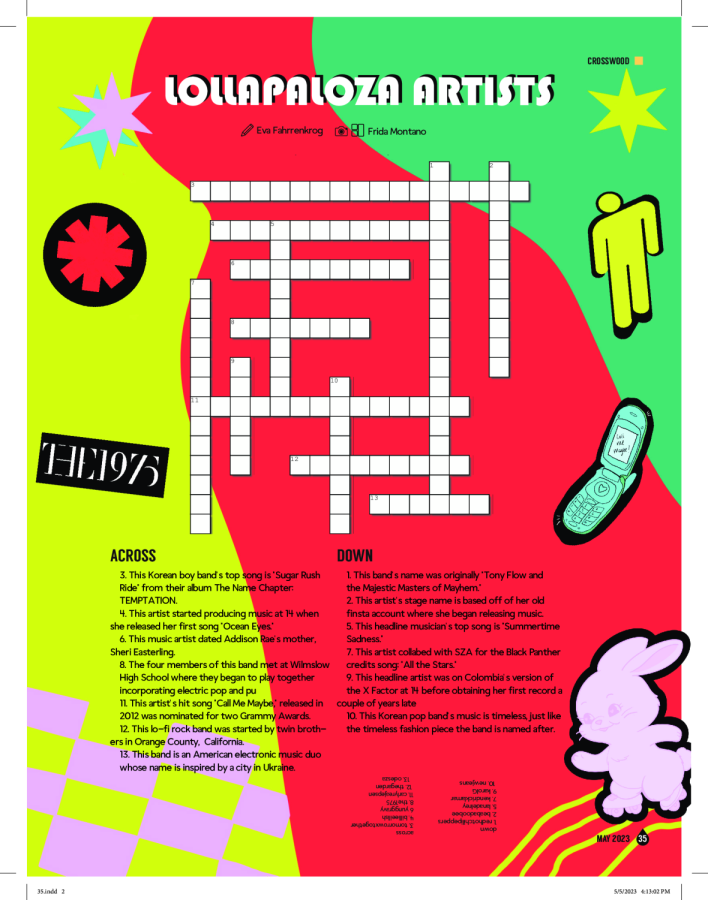I started writing this five minutes after I watched the indescribably profound movie “Get Out,” and my hands are shaking and my heart is racing. “Get Out” will definitely leave you with a bitter aftertaste but not without imparting a vital lesson on the subtle nature of racism — an element of society that I’m no stranger to.
Jordan Peele, who is famously known for his duo comedian role in the former Comedy Central show “Key and Peele,” directs an eerie movie about racism in America. The premise of the movie plays on an all-too-common everyday fear for many African-Americans: a black boyfriend visits his white girlfriend’s family in the suburbs. As he gets to the family’s home, he realizes that all the servants are black and are acting strange, and that there is something not quite right about this family. The main character and black boyfriend, Chris, quite literally “sinks” into the realization that there’s more than just something off — there is something truly disturbing about this family.
The movie opens up with a black man walking down the streets of a suburban town. He jokes to himself about the irony of having two identical street names, but with one being an “avenue” and the other a “lane.” This humorous mood quickly vanishes as a car starts to follow him and eventually a person wearing a mask resembling a KKK mask beats him up and throws him into the back of the car. Upbeat music, accompanied with the abruptly violent scene, adds to the overall uncanny mood of the movie. Although this movie is horror and (hopefully) unrealistic, Peele underlines the overall very real paranoia and fear that lies in the hearts of many African-Americans today.
Throughout the movie, Peele highlights the overall subtle racist remarks that are heard among many blacks today. These include “Hey, you know, I know Tiger Woods;” “Can I touch your hair?” and “I would have voted for Obama for a third time.” These remarks illustrate the attempt for many white people to try and make black people feel comfortable and let them know that they are not racists, but Peele emphasizes that this ends up isolating them more. Even though slavery is abolished, overall racism towards African-Americans still lingers on today.
Snide racist remarks accompanied by ironic comedy and genuine, thrilling moments set an unsettled mood throughout the movie. “Get Out” is more than a terrifying horror movie. “Get Out” is a commentary on the modern-day struggles that African-Americans have not been able to escape. “Get Out” exposes the jarring realities of African-Americans in America that they have not yet been freed from.









Ayo • Mar 13, 2017 at 12:51 pm
Excellent, thought provoking piece!
As a Black American, the messages expressed in ‘Get Out’ struck me deeply. It was an opportunity for many viewers to experience the world through a different, perhaps more disturbing, lens.
Additionally, this particular author touched on something that I would really like to stress: attempts by non-blacks to appeal to blacks in this movie via stereotypes were blatantly racist. Feeding into cliches in hopes of connecting with another race is very limiting behavior.
This was a very well written review, looking forward to more content in the future!